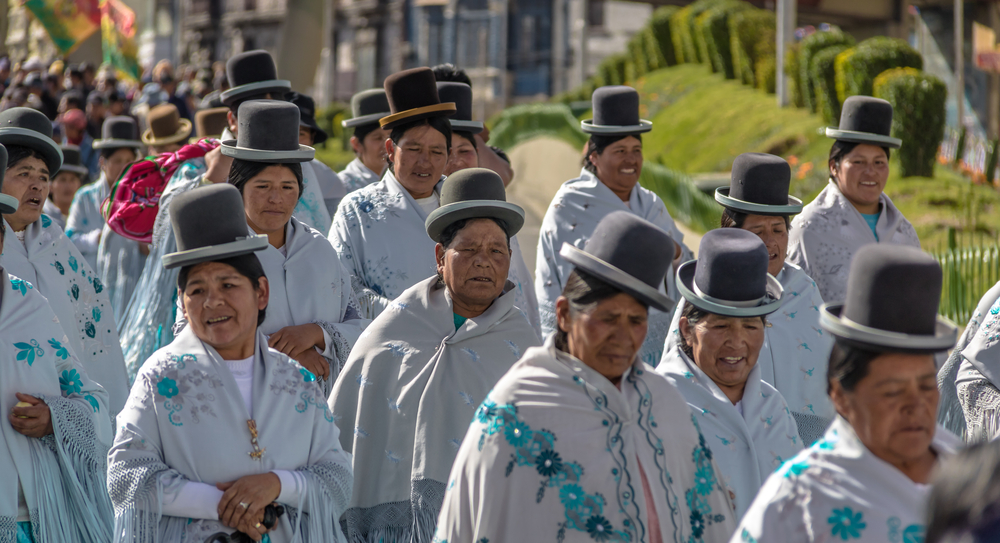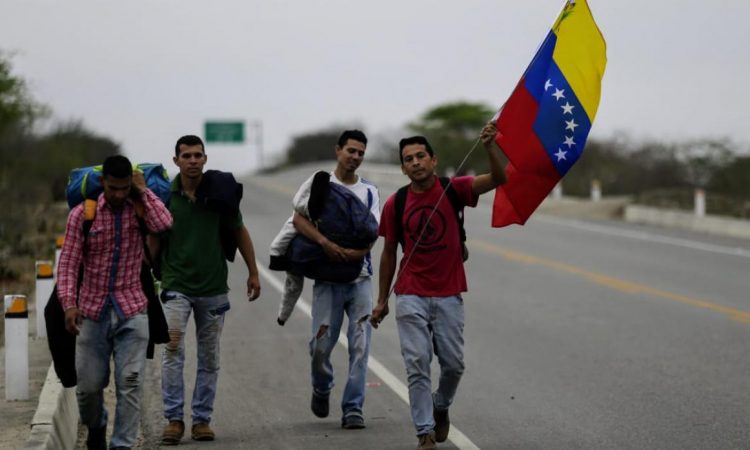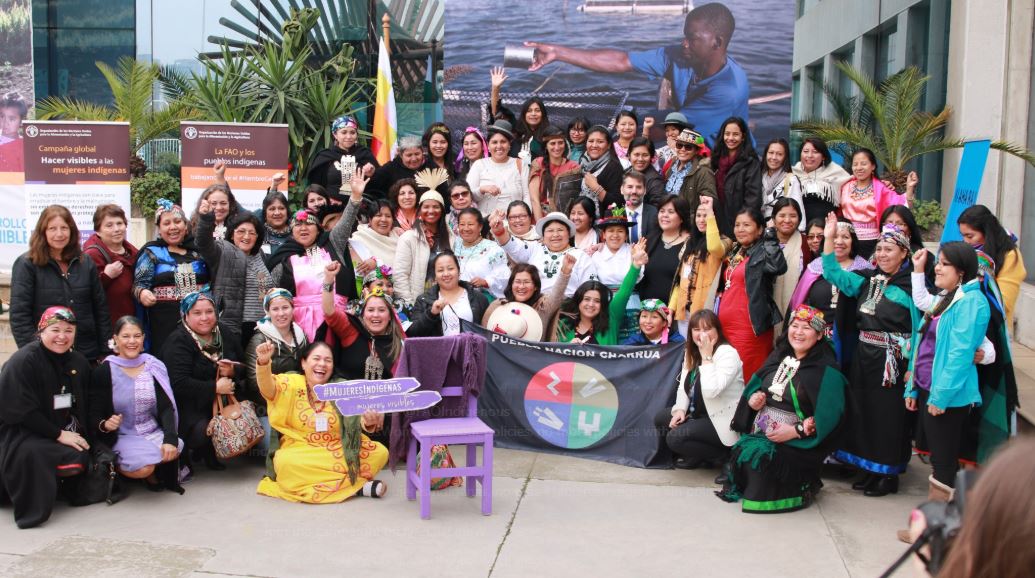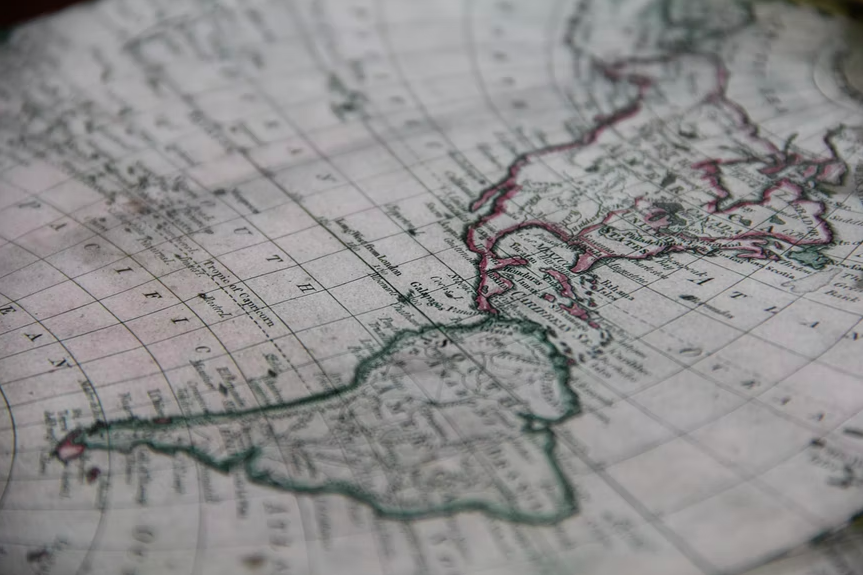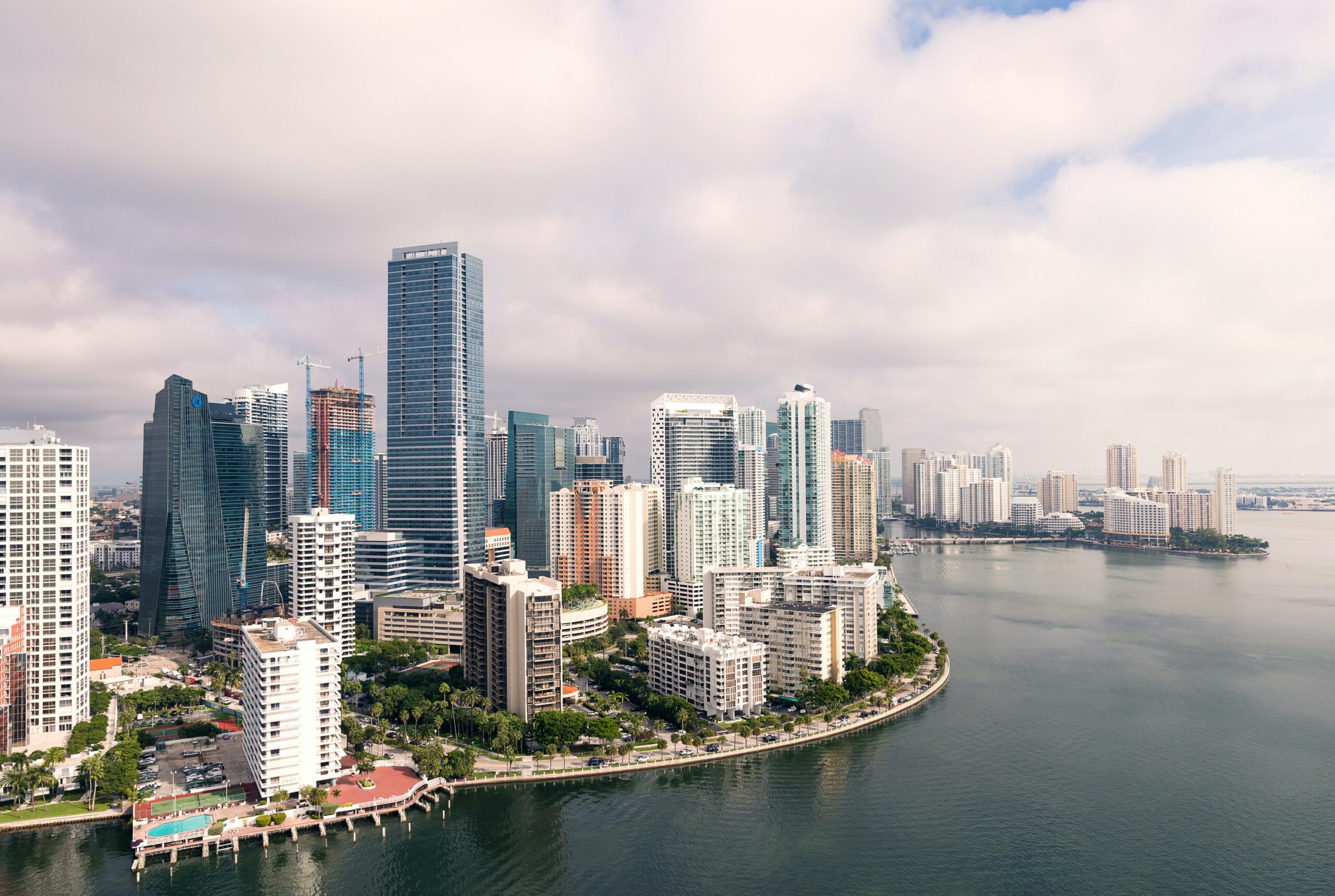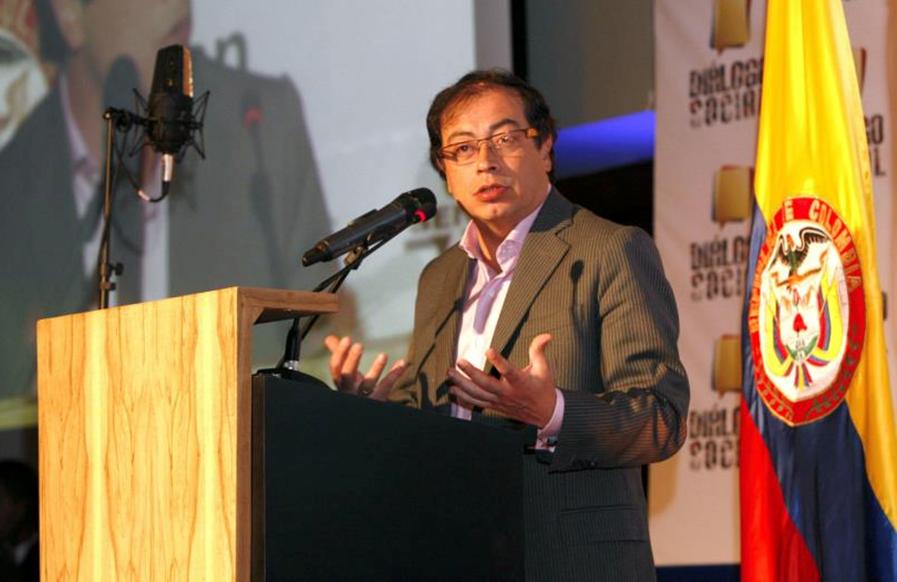The high Andean country of Bolivia is deeply ingrained in tradition and rich in a cultural history that harks back to indigenous heritage and ancient languages.
Whereas such traditional values commonly place an importance on strict gender roles, which are still considerably rife throughout the country, its political system appears to be advancing in terms of gender equality far beyond that of its neighbours.
Bolivia now ranks second in the world for the most gender-equal government, sitting between Rwanda in first place and Cuba in third. It is worth noting, however, that the gender-parity in Rwanda’s government was borne from a civil war which had resulted in staggering losses in the male population. The only other two contenders are Nicaragua and Mexico, however, no other South American country makes the cut in the top ten gender-equal governments around the globe.
Maintaining almost half of the seats in Congress, Bolivian women have the opportunity to mould policies and mandate laws which dictate the way that their country is run, however, it isn’t a story without setbacks. According to the Associated Press, the mission to bring gender balance to Bolivia’s political sphere began back in 1997 when a law was passed that required 30% of political candidates to be women. Despite this, it was just over 10 years ago that a mere 4% of municipal assembly posts were held by women.
Since the first implementation of gender-equality laws, the country has taken vast strides in ensuring that its political arena is equal. This process, achieved democratically, has thus allocated more power to indigenous women and follows a long line of relentless campaigning in order to achieve a council which is 53% female.
The effects of Bolivia’s gender-equal government might have had some exciting implications for the country’s laws, which for instance in July last year saw the proposed overhaul of Bolivia’s penal regulations. There are further hopes that this year bills will be passed which could shake-up both Bolivia’s human rights legislation as well as touching on topics such as sexual health and family planning.
Though it has been heralded by campaigners as certainly a step in the right direction for the country, increased reports of aggression towards women appear to be coinciding with their growing ascent to power. The Associated Press recently pointed out that there were 36 complaints of politically-focussed violence towards women in Bolivia, however those statistics are outweighed by claims from electoral officials themselves who say there have been over 60 complaints. The Council Women’s Association of Bolivia out this number even higher, claiming they received over 90 reports of similar violence.
Alongside reports of increased femicide taking place within Bolivia, claims of politically fuelled aggression paint a picture of the country as still some way off achieving a country-wide awareness of the challenges facing gender equality. It is certainly not the only country in the Latin American spectrum that faces such challenges, however with a global average for women in government standing at just over 22%, the legal opportunity for Bolivian women to bring these issues into the limelight at least appear in their favour.

